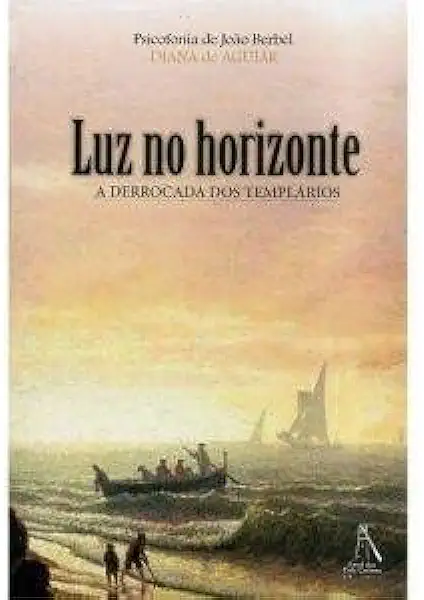
The Capital and the Devastation of the Amazon - Fiorelo Picoli
The Capital and the Devastation of the Amazon: A Political Ecology of Destruction
Introduction
In his groundbreaking book, "The Capital and the Devastation of the Amazon," Fiorelo Picoli presents a compelling analysis of the political and economic forces driving the destruction of the Amazon rainforest. Drawing on extensive research and firsthand observations, Picoli argues that the devastation of the Amazon is not simply a result of natural processes or the actions of individual actors, but rather a consequence of the global capitalist system.
The Political Economy of Amazon Destruction
Picoli begins by examining the historical roots of Amazon deforestation, tracing it back to the colonial era when European powers began exploiting the region's natural resources. He argues that the current wave of destruction is driven by the expansion of global capitalism, which has created a insatiable demand for commodities such as timber, beef, and soybeans. This demand has led to the expansion of industrial agriculture, cattle ranching, and logging operations, which have all contributed to the destruction of the Amazon rainforest.
Picoli also highlights the role of government policies in facilitating Amazon destruction. He argues that governments in Brazil and other Amazonian countries have often promoted policies that encourage deforestation, such as tax incentives for agribusiness and infrastructure projects that open up the rainforest to development. These policies have created a favorable environment for the expansion of capitalist interests in the Amazon, while marginalizing the rights and interests of indigenous peoples and local communities.
The Social and Environmental Impacts of Amazon Destruction
The destruction of the Amazon rainforest has had devastating social and environmental impacts. Picoli documents the loss of biodiversity, the displacement of indigenous peoples, and the increased vulnerability of local communities to climate change. He also highlights the global significance of the Amazon rainforest as a carbon sink and a source of oxygen, and argues that its destruction poses a serious threat to the planet's climate.
Resistance and Alternatives
Despite the challenges, Picoli also highlights the resistance of indigenous peoples and local communities to the destruction of the Amazon. He documents the efforts of these communities to defend their territories and promote sustainable alternatives to deforestation. These alternatives include community-based forest management, agroecology, and ecotourism, which offer hope for a more sustainable future for the Amazon.
Conclusion
"The Capital and the Devastation of the Amazon" is a powerful and urgent call to action. Picoli's analysis of the political economy of Amazon destruction provides a framework for understanding the root causes of this environmental crisis and the need for systemic change. By highlighting the resistance and alternatives of indigenous peoples and local communities, Picoli offers hope for a more sustainable future for the Amazon and the planet.
Why You Should Read This Book
"The Capital and the Devastation of the Amazon" is a must-read for anyone concerned about the future of the Amazon rainforest and the planet. Picoli's rigorous analysis and compelling narrative make this book an essential resource for understanding the complex social, economic, and environmental issues at stake in the Amazon. By reading this book, you will gain a deeper understanding of the challenges facing the Amazon and the urgent need for action to protect this vital ecosystem.